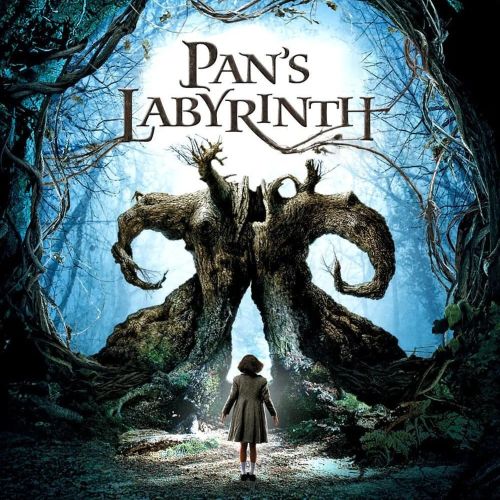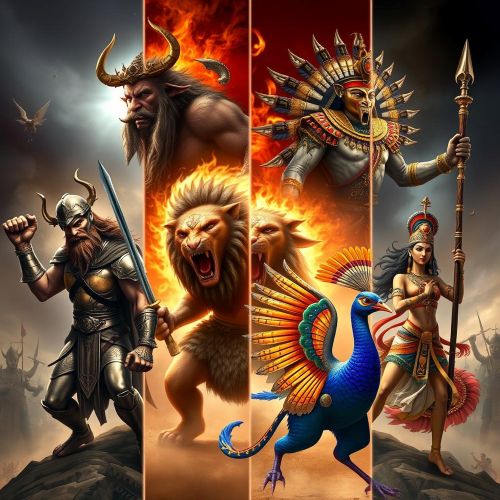Ubuntu Philosophy: Harmony and Humanity in Zulu Mythology
Ubuntu, a concept deeply embedded in African philosophy, particularly in Zulu mythology, transcends its digital namesake and finds profound roots in the interconnectedness of humanity. In this exploration of Ubuntu philosophy within Zulu mythology, we unravel the essence of harmony, interconnectedness, and the profound humanity that defines this ancient wisdom.
Understanding Ubuntu Philosophy
Derived from the Nguni Bantu term “ubuntu,” meaning “humanity,” Ubuntu philosophy underscores the interdependence and interconnectedness of people. It posits that our humanity is fundamentally linked to the humanity of others, and through shared experiences, we cultivate compassion, empathy, and a sense of communal well-being.
Ubuntu is not a foreign concept in African traditions. Instead, it is deeply ingrained in the tapestry of diverse cultures across the continent. In Zulu mythology, Ubuntu finds expression through stories, proverbs, and rituals that highlight the symbiotic relationship between humanity and the cosmos.
Harmony in Zulu Mythology
Zulu mythology is rich with narratives that depict the cosmic harmony and the interconnectedness of all living things. The Zulu people believe in a divinely ordered universe where every element, from animals to plants and humans, plays a vital role in maintaining equilibrium.
One prominent figure in Zulu mythology is Unkulunkulu, the great creator. Unkulunkulu is believed to have crafted humanity and all other living beings with careful consideration for balance and harmony. This reflects the Ubuntu philosophy’s core tenet that acknowledges the intricate connections between all elements of existence.
In the tale of Unkulunkulu, we see the embodiment of Ubuntu, as the creator forms humanity not as isolated entities but as threads in the intricate fabric of life. Each individual is woven into the cosmic tapestry, contributing to the overall harmony of the universe.
Humanity in Ubuntu Philosophy
The Zulu concept of Ubuntu places a strong emphasis on the humanity of individuals. In this context, humanity goes beyond the mere biological aspect; it encapsulates the qualities that make us distinctly human – compassion, empathy, and a shared sense of responsibility for one another.
Zulu proverbs such as “Umuntu ngumuntu ngabantu” encapsulate this philosophy, translating to “A person is a person through other people.” This proverb highlights the interconnectedness of individuals, asserting that our humanity is not defined in isolation but in relation to others. In Ubuntu, the well-being of one is intricately tied to the well-being of all.
Ubuntu in Action: Communal Living
Zulu communities embody Ubuntu philosophy in their daily lives through communal living practices. From communal work to shared celebrations and collective decision-making, the essence of Ubuntu is palpable in the interconnectedness of Zulu society.
The communal spirit extends to the idea of ubuntu umbuso, which translates to “the community is the kingdom.” In this collective approach to governance and societal organization, the well-being of the community takes precedence over individual interests. Decisions are made with the awareness that they ripple through the interconnected web of humanity.
Ubuntu Rituals and Symbolism
Zulu rituals are imbued with Ubuntu philosophy, serving as tangible expressions of the interconnectedness of humanity. Rituals such as the pouring of libations, where offerings are made to ancestors, emphasize the ongoing relationship between the living and the departed. This ritual underscores the belief that the past, present, and future are interlinked, and the actions of one generation impact those that follow.
Symbolism in Zulu mythology also reinforces the Ubuntu philosophy. The circle, often seen as a symbol of unity and eternity, is prevalent in Zulu art and rituals. It signifies the interconnectedness of life, emphasizing that every action and individual is part of a larger, continuous cycle.
Ubuntu Philosophy in the Modern Context
As the world becomes increasingly interconnected, the Ubuntu philosophy resonates beyond the borders of Zulu culture. Its principles of harmony, interconnectedness, and a shared sense of humanity offer profound lessons for navigating the complexities of the modern world.
In a global context, Ubuntu philosophy challenges us to recognize our shared humanity, transcending cultural, geographical, and ideological boundaries. It prompts us to consider the impact of our actions on a global scale and encourages a collective responsibility for the well-being of the planet and its inhabitants.
Conclusion
Ubuntu philosophy, deeply embedded in Zulu mythology, unveils a profound understanding of humanity’s place in the cosmos. The harmonious interconnectedness of all living things, the emphasis on shared humanity, and the practice of communal living are enduring lessons that resonate in the modern world. As we navigate the challenges of the 21st century, the Ubuntu philosophy serves as a timeless guide, urging us to recognize our interconnectedness and embrace the profound humanity that unites us all. In embracing Ubuntu, we discover a path to harmony, compassion, and a shared responsibility for the well-being of our global community.






